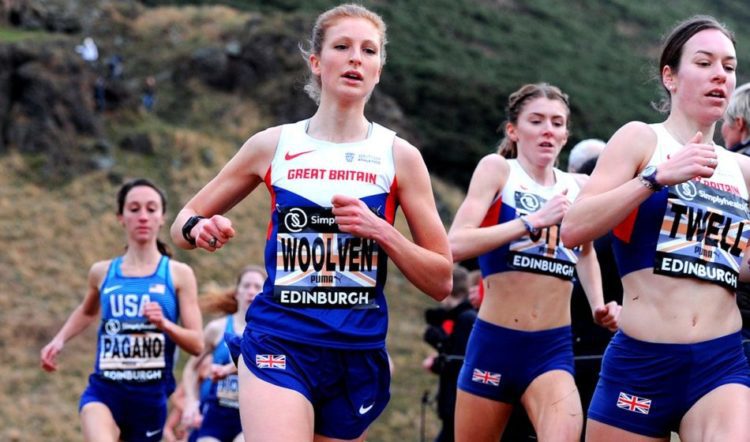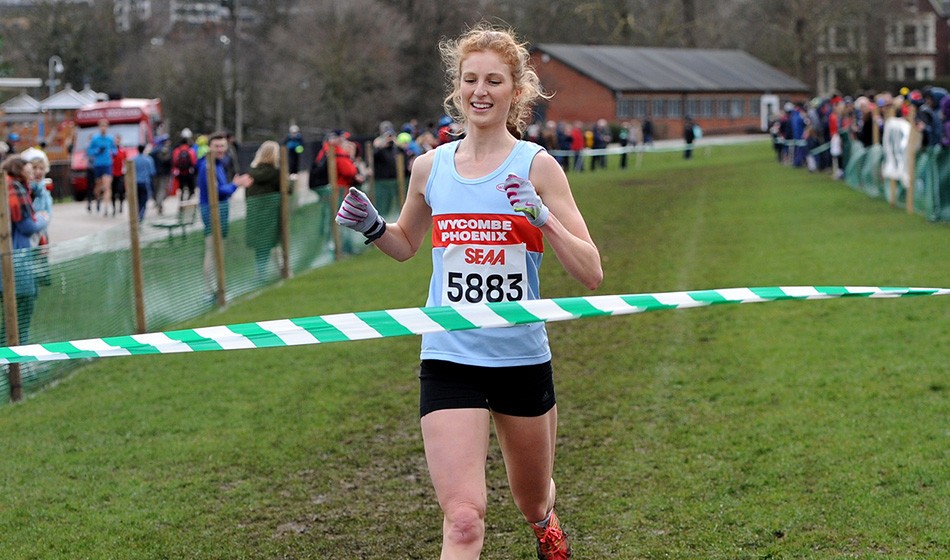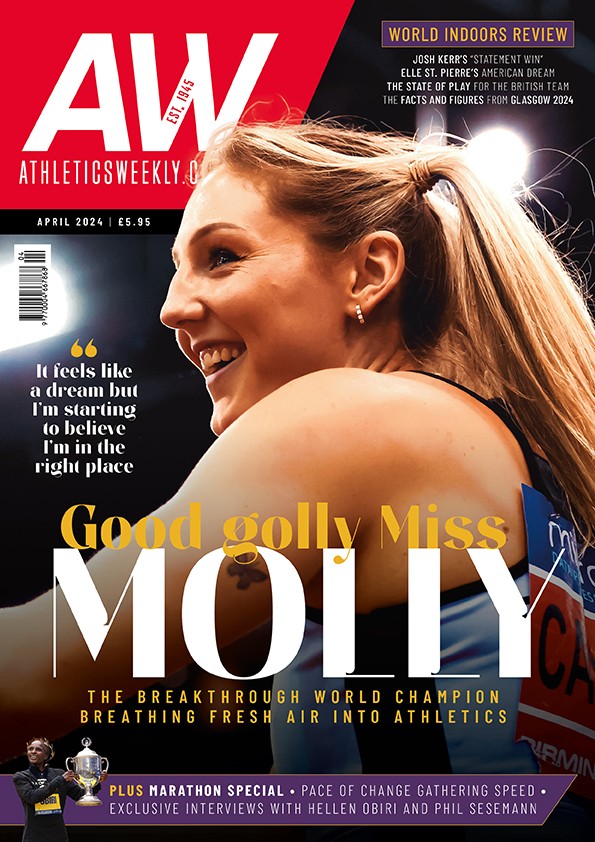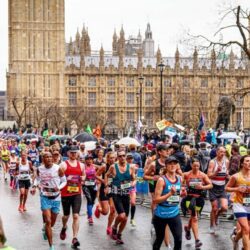International athlete Woolven has been motivated by her own experiences to create Project RED-S, an enterprise aiming to raise awareness of RED-S (Relative Energy Deficiency in Sport)
The athlete that Pippa Woolven describes from her darkest days at Florida State University is unrecognisable from the happy and successful international competitor she is today.
“I viewed moving abroad to pursue a scholarship opportunity in America as my chance to go ‘all in’ with my running,” says the 28-year-old. “I wasn’t naive. I understood the importance of rest, the basics of nutrition and the concept of periodisation.
“I knew about the athletes who became so thin their bones fractured; so over-trained they wound up with chronic fatigue; so focused on their appearance they ended up with eating disorders. I knew that it cost them their sport, their health and, sometimes, their lives. Yet, I also knew I wasn’t one of those athletes. I was simply someone who hadn’t yet tapped into the performance advantage of being lighter and was eager to explore my potential.
“At first, I not only achieved the desired results of refining my diet but exceeded them. Combined with a new training programme, adopting a ‘clean’ approach to eating did me wonders. Fitting into smaller shorts correlated with faster times and compliments from coaches about my sleek, new physique.
“Studying the behaviours and habits of ‘successful’ runners around me validated my choices. I felt empowered by the control I had and my ability to manipulate my body composition in the same way as others I looked up to.”
Woolven had lost sight of the strength advantage she’d enjoyed in her youth and become consumed by toxic perfectionism. Her move to the US, specifically her increase in training volume and intensity, a new environment which included being housed with team-mates with long-standing eating disorders, new foods, new routines and new pressures triggered the onset of RED-S.
RED-S refers to the physiological and psychological consequences resulting from low energy availability. The condition can affect any athlete of any age or gender and it can have serious long-term health and performance implications. While the basic concept of energy imbalance is relatively simple, the prevention, identification, and treatment of RED-S – a term which was only introduced by the IOC in 2014 as an updated term for the Female Athlete Triad – is poor.
“When I returned to the UK to resume my studies in Birmingham, I couldn’t make sense of the vast array of seemingly disconnected symptoms I was experiencing,” says Woolven. “At that point I had never heard of RED-S, nor had any other coach or healthcare professional I was working with. Since I was inadvertently covering up my missing periods with the contraceptive pill and didn’t have multiple stress fractures or a diagnosed eating disorder, the Female Athlete Triad was never suggested.

Pippa Woolven (Mark Shearman)
“It took months, if not years, of online research to eventually reach a self-diagnosis of RED-S. Then, all the missing pieces of the puzzle seemed to fall into place, but I still struggled to find the specialist support I needed. In theory, general medical advice was simple: eat more and exercise less – yet, in reality, I had a tough time coming to terms with the identity loss that accompanied taking time away from my sport.
“I couldn’t remember what it was like to fuel sufficiently for my activity level either, and until I found RED-S specialist Dr Nicky Keay and dietitian Renee McGregor, I continued to under-eat for years after being deemed medically healthy.
“What I desperately needed at that point was a fellow athlete to talk to; someone who had been there and come through the other side. So, as soon as I felt able to, I wanted to become that person for others.”
Woolven has now recovered, and through Project RED-S and the willingness of athletes globally to share their own experiences – international marathon runner Hayley Carruthers spoke openly about her issues with training and nutrition in the January issue of AW, for example – she is determined to increase awareness of the condition.
READ MORE: Hayley Carruthers on finding joy again in athletics
She has been working on Project RED-S full-time since November 2021 thanks to the generosity of a financial donor and, in parallel, she is studying for a Masters in Positive Psychology and Coaching Psychology.
Woolven is also a positive role model, having returned to full health to compete for Britain at the European Cross Country Championships and, most recently, to represent England at the Cross Internacional Juan Muguerza in Elgoibar, Spain in January.
“The website is for athletes, parents, partners, coaches, friends and team-mates who want to educate themselves about how best they can assist with RED-S prevention or recovery, whilst also sharing stories of others who have been through it,” concludes Woolven.
“It’s also my motivation for continuing to run at this level; there are so few examples of people who have come back from RED-S, and I think it gives me more of a voice and a platform to share my story.
“Ultimately, I want to show other athletes that yes, you can recover and be at the peak of your performance, but you don’t need to be that tiny weight you thought you needed to be.”
» RED-S.com provides a platform for signposting athletes and members of their support team towards appropriate medical resources, while aiming to connect those who are struggling with, or supporting someone with, RED-S
» This article first appeared in the February issue of AW magazine, which you can buy here














